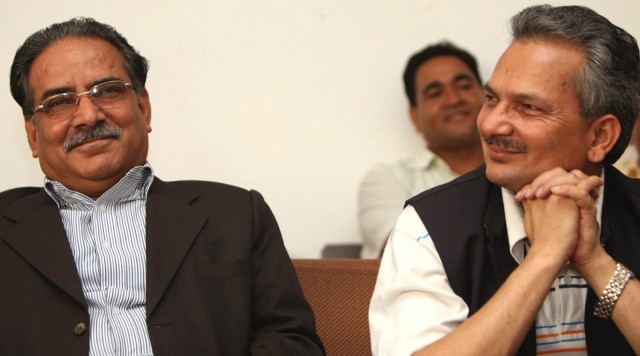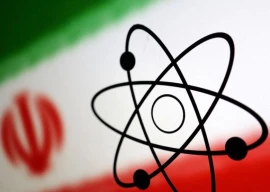
The Maoists, who waged a bloody 10-year insurgency against the state before entering mainstream politics and winning the 2008 elections, say that as the largest party in parliament they should be at the helm of a new government.
“We have decided we will try to garner support from the other parties for a government of national unity led by us,” party spokesman Dinanath Sharma told AFP after a meeting of senior Maoist leaders.
Outgoing prime minister Madhav Kumar Nepal tendered his resignation to the president on Wednesday after a live television address in which he said he wanted to end a long political stalemate.
His 13-month term in office was marred by a series of power struggles with the Maoists, who have lobbied aggressively for a return to power since their government fell in May 2009 after a row with the president.
He has agreed to stay on in a caretaker role until a replacement is selected, and Nepal’s President Ram Baran Yadav on Thursday asked political leaders to form a power-sharing government within the next seven days.
“The president has asked the political parties to form a consensus government by July 7,” said Yadav’s spokesman Rajendra Dahal.
“If the parties fail to form a consensus government by that date they will be asked to form a majority government.”
Political commentators warned that a delay in forming a new administration could prove disastrous for the impoverished Himalayan nation.
“There will be chaos. All the government’s plans and policies will be affected,” said Kiran Nepal, editor of the fortnightly magazine Himal Khabarpatrika.
Maoist party vice-chairman Baburam Bhattarai, seen as a leading candidate to be the next prime minister, said that only a national consensus government would be able to complete the peace process.
“All sides will have to make compromises for the sake of the country,” he told AFP. “We all want the same thing: to bring peace and prosperity to Nepal.”
Published in The Express Tribune, July 2nd, 2010.

















COMMENTS
Comments are moderated and generally will be posted if they are on-topic and not abusive.
For more information, please see our Comments FAQ